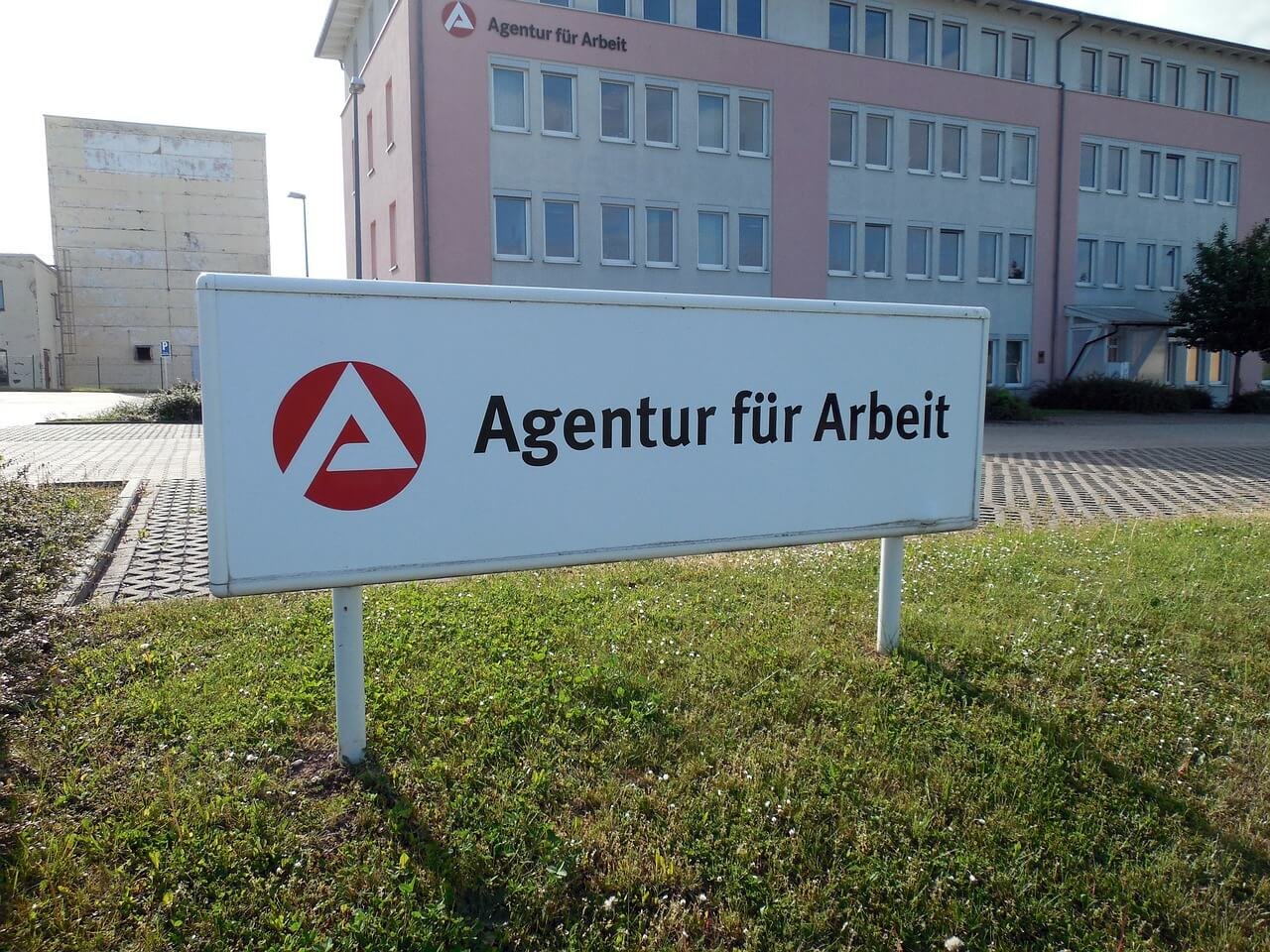
The European Union remains one of the most attractive regions in the world for foreign investors seeking security, freedom of movement, and long-term opportunities. While citizenship by investment (CBI) programs exist in select jurisdictions, Germany and most EU countries do not offer direct passport-for-investment models. Instead, the legal path to citizenship typically begins with residence by investment, followed by naturalisation after several years of lawful residence.
This article explores the current legal landscape for investment-based immigration in Germany and the European Union, including alternatives to traditional CBI programs. We outline residence options for entrepreneurs, golden visa programs across the EU, and the conditions under which foreign nationals may qualify for EU citizenship by naturalisation.
Contents
- 1. Does Germany Offer Citizenship by Investment?
- 2. Legal Framework for Investment-Based Residence in Germany
- 3. Pathway to German Citizenship through Investment
- 4. EU Alternatives: Golden Visa and Citizenship by Investment Programs
- 5. Comparison: Citizenship vs. Residence by Investment
- 6. Strategic Benefits of EU Citizenship by Investment or Naturalisation
- 7. Due Diligence and Risk Management
- 8. Tax Implications of Investment-Based Residence
- 9. Working with Licensed Advisors
- Conclusion
1. Does Germany Offer Citizenship by Investment?
No. Germany does not offer a direct citizenship by investment program.
However, Germany does allow foreign entrepreneurs and investors to obtain a residence permit for self-employment or business investment under Section 21 of the Residence Act (AufenthG).
Key Features:
- No minimum investment legally required, but contributions must be economically beneficial
- Path to permanent residence after 3–5 years
- Citizenship possible after 6 to 8 years of legal residence, depending on integration level
- Spouse and children may be included
While not a formal CBI program, this is a credible long-term route to citizenship through economic activity.
2. Legal Framework for Investment-Based Residence in Germany
Under §21 AufenthG, Germany offers residence permits for:
- Entrepreneurs establishing a new company
- Investors acquiring significant equity in a German business
- Freelancers in liberal professions (e.g. consultants, creatives, tech specialists)
The foreign national must:
- Demonstrate economic benefit (e.g. job creation, innovation, market demand)
- Provide a solid business plan
- Prove sufficient funding and personal subsistence
- Meet health insurance and accommodation requirements
Residence is initially granted for 1–3 years and renewable.
3. Pathway to German Citizenship through Investment
While Germany does not allow direct CBI, long-term residence can lead to naturalisation.
General Naturalisation Requirements:
- 6 to 8 years of legal residence (6 years with B2 German language and integration)
- Secure livelihood without state support
- Clear criminal record
- Pass a citizenship test (Einbürgerungstest)
- Renunciation of previous citizenship (exceptions apply)
📌 Business investors may qualify faster if their integration is exceptional or if they hold permanent residence early.
4. EU Alternatives: Golden Visa and Citizenship by Investment Programs
While Germany maintains a conservative stance, several EU countries offer residence or citizenship options linked to investment:
🇲🇹 Malta – Citizenship for Exceptional Services by Direct Investment
- Donation + real estate + bond investment
- Citizenship after 12–36 months
- Full EU citizenship, Schengen access, and right to live in all EU states
- Minimum contribution: €600,000 to €750,000
🇵🇹 Portugal – Golden Visa (Residency by Investment)
- Investment options: real estate, funds, job creation
- 5-year path to permanent residence
- Citizenship eligible after 5 years
- No physical stay required, but integration helpful
🇪🇸 Spain – Golden Visa
- Real estate investment from €500,000
- Residency with flexible stay requirements
- Citizenship possible after 10 years of residence
🇬🇷 Greece – Golden Visa
- Property investment from €250,000 (increasing in some zones)
- Residency permit with minimal stay
- Citizenship possible after 7 years of residence
These are residence-to-citizenship pathways, not instant passport programs. Due diligence and legal compliance are mandatory.
5. Comparison: Citizenship vs. Residence by Investment
| Feature | Citizenship by Investment | Residence by Investment |
|---|---|---|
| Legal Status | Full citizenship | Long-term residence |
| EU Access | Yes (if EU citizenship granted) | Yes (in residence country only) |
| Travel Rights | Passport issued | Residence card (limited travel) |
| Time to Citizenship | Immediate (some countries) | 5–10 years (depending on country) |
| Germany Availability | ❌ Not offered | ✅ Available via §21 AufenthG |
| Family Inclusion | Usually included | Usually included |
| Dual Citizenship | Case-by-case in Germany | Not applicable unless naturalised |
6. Strategic Benefits of EU Citizenship by Investment or Naturalisation
✔️ Freedom of Movement
Live, work, and travel in 27 EU countries + Switzerland, Norway, Iceland
✔️ Access to Social Benefits
Education, healthcare, and pension rights in host country
✔️ Legal Security
Protected status under EU and national law
✔️ Business Advantages
Ability to operate across internal EU market with fewer restrictions
✔️ Family Future Planning
Citizenship can be passed to future generations
7. Due Diligence and Risk Management
Applicants must:
- Undergo criminal background checks
- Show legal source of funds
- Pass financial capacity reviews
- Avoid associations with sanctioned individuals/entities
The EU Commission and national governments are increasingly scrutinising CBI schemes. Malta’s model remains under review, and Cyprus has closed its program. Compliance and transparency are critical.
8. Tax Implications of Investment-Based Residence
In Germany, residency may trigger tax liability on worldwide income:
- Tax residency begins if you stay more than 183 days or establish a home
- No automatic tax benefits for investors
- Germany does not offer non-dom regimes like Portugal or Italy
Seek advice on:
- Double tax treaties
- Corporate vs personal tax status
- Holding structures for real estate or businesses
A tax advisor familiar with cross-border taxation is essential.
9. Working with Licensed Advisors
To apply for residence or eventual naturalisation through investment in the EU, work with:
- Specialised immigration lawyers
- Registered investment advisors or real estate firms
- Tax consultants (Steuerberater)
- Government-approved application agents (for Malta or Portugal)
Avoid informal “passport sales” schemes or unregulated brokers promising unrealistic timelines or results.
Conclusion
While Germany does not offer citizenship by investment in the traditional sense, it provides a legally sound and long-term path to citizenship through entrepreneurial residence. Across Europe, a number of countries allow foreign investors to gain residence rights, which can later lead to naturalisation and full EU citizenship.
Whether your goal is to secure global mobility, access new markets, or establish a future base for your family, investment-based immigration—when structured properly—can be a strategic and legitimate route to second citizenship in Europe.






